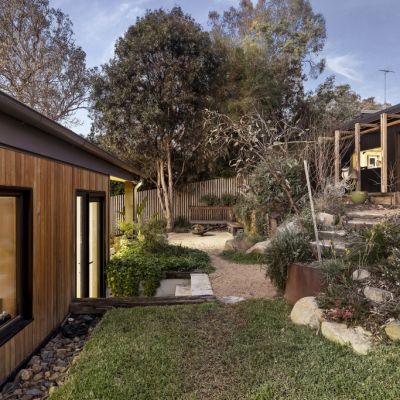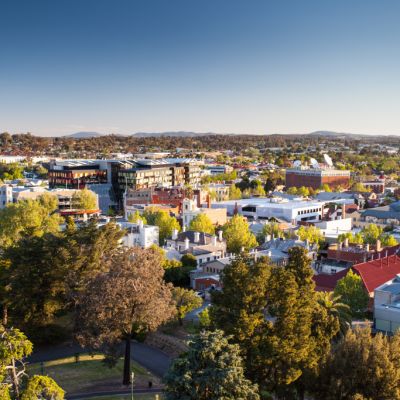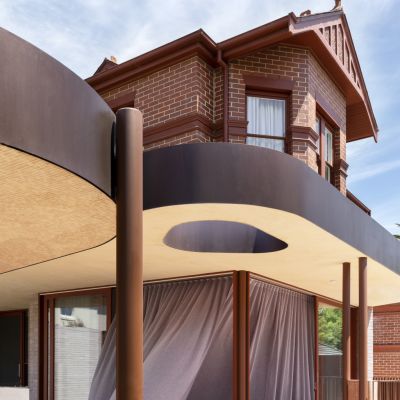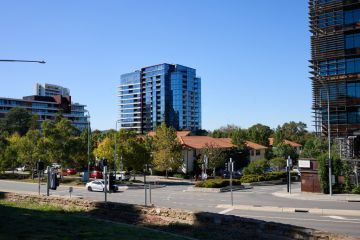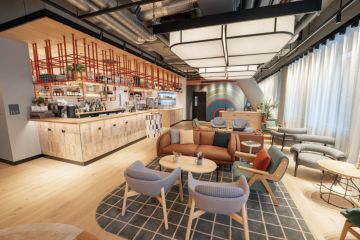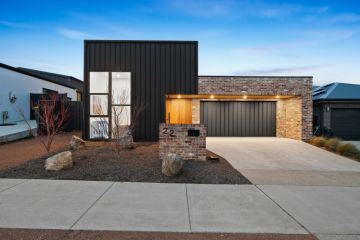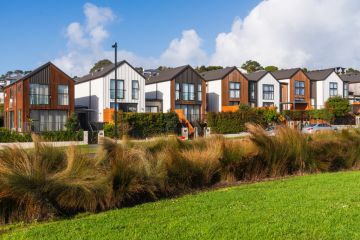Units and townhouses lead the charge in Australia's building approval uptick
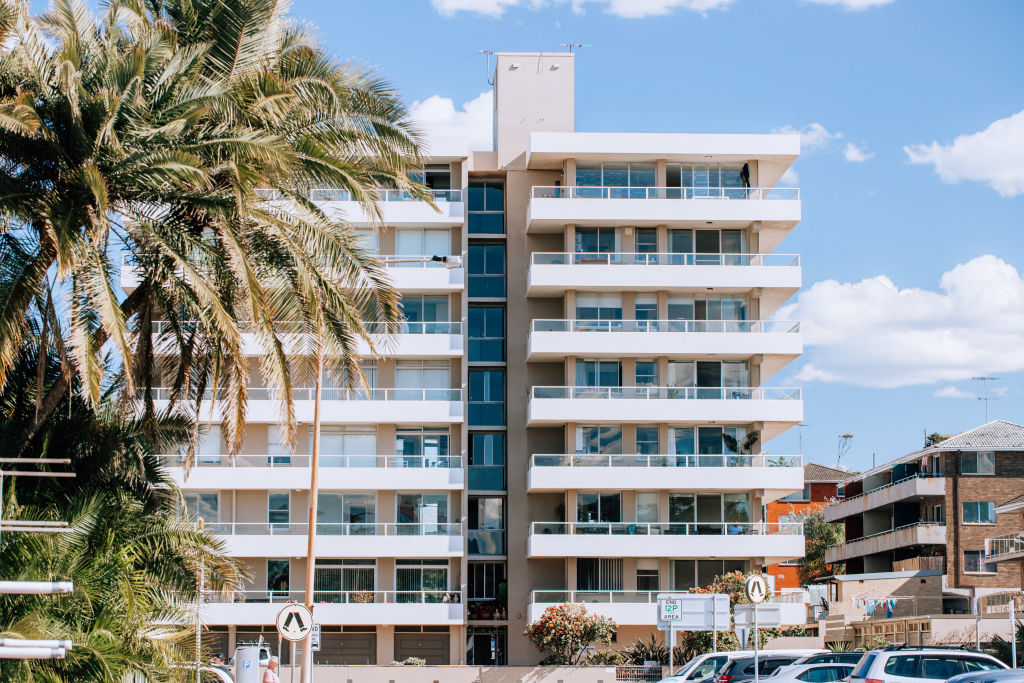
Australia’s construction pipeline received a shot in the arm in May, with a 20.6 per cent monthly increase in the total number of homes approved to be built nationally.
The rise followed a slump in April, when approvals dropped 6.8 per cent month-on-month, according to seasonally adjusted building approval figures from the Australian Bureau of Statistics (ABS) released in July.
The growth was driven largely by approvals for semi-detached homes, terraces, townhouses and apartments, which rose by 59.4 per cent.
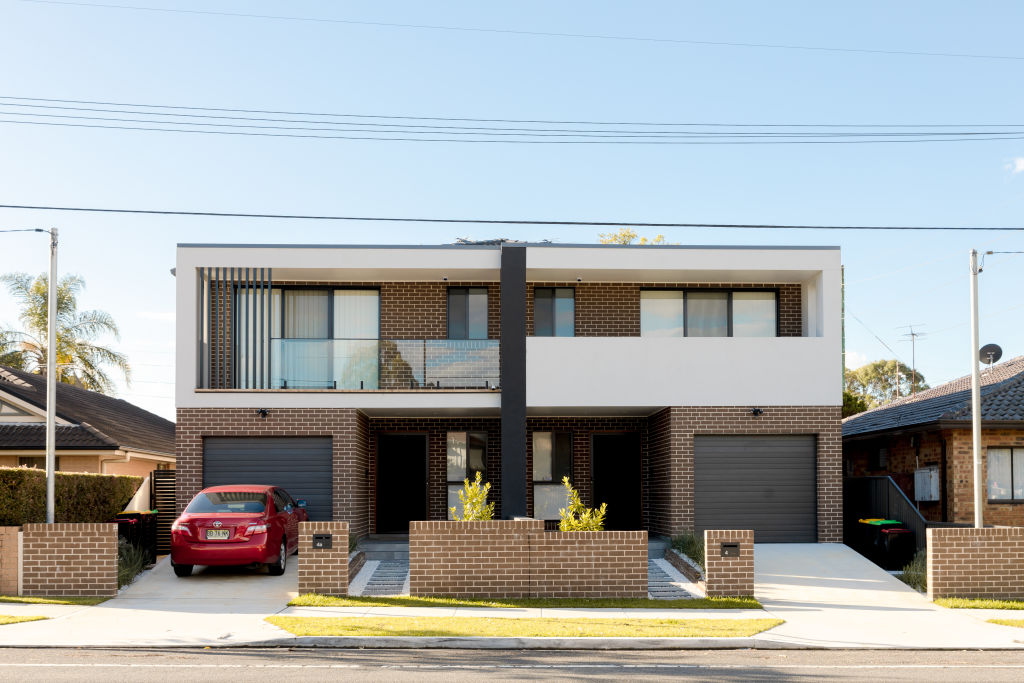
ABS head of construction statistics Daniel Rossi says NSW apartment developments made up a large proportion of the total increase, and while long and varied lead times for these approvals make it hard to pinpoint a reason for the May cluster, the increase reflected a broader trend.
“If we just look at apartments, there has been an uptick in apartment approvals in NSW for the past three months,” says Rossi. “But it is a very volatile sector.”
The executive manager of corporate communications for Sydney-based developer Deicorp, Robert Furolo, believes this trend will continue as developers strive to meet the housing needs of the community.
“There is a serious, ongoing shortage of housing in Sydney, and we know that the supply of apartments is going to be a critical factor in trying to address that shortage,” he says.
Furolo points to Sydney’s north-west and greater Parramatta as key areas of focus for Deicorp, which currently has a number of projects underway across the Hills District, including the $445 million Hills Showground Village development, which is set to bring 430 new units to Castle Hill.
ABS local government area data for the 2022-2023 financial year to May showed that approximately 50 per cent of all building approvals for apartments in NSW were for developments in Greater Western Sydney, with Parramatta, Blacktown and The Hills Shire recording the highest numbers.
The approvals figures come at a time of increasingly high interest rates, with 12 rate rises in 14 months pushing the cash rate to 4.1 per cent – the highest target since April 2012.
Despite this putting pressure on purchasers, Furolo says Deicorp is still seeing strong buyer interest and expects to receive approval to build a further 3000 new apartments in the next 18 months.
“Buyers are still there, it’s just that the buyer journey is taking longer,” he says. “Interest rates are definitely having an impact but our view is that if we build it, we’ll be able to sell it … we’re still looking to buy sites, get approvals, and build and deliver housing.”
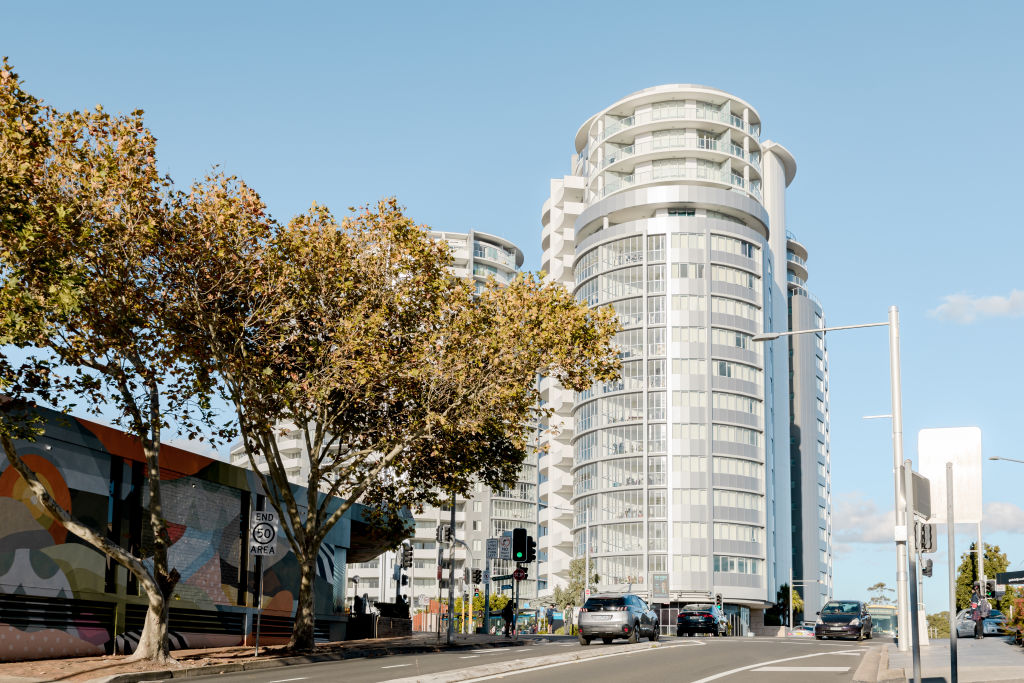
The May figures painted a different picture for standalone houses, with approvals for private sector houses dropping in all states bar Victoria, which saw a 7.3 per cent monthly increase.
Recently appointed Metricon chief executive Brad Duggan attributes the spike in Victoria to a significant sales volume a year prior, and particularly lengthy land titling processes in the state.
“When you look at the building approvals, it is really just capturing the sales environment that occurred 12 months, or even earlier, ago,” he says.
While the May data showed a 0.9 per cent month-on-month increase in building approvals for houses nationally, Duggan says Metricon’s recent sales results tell a different story.
“We’re probably down 30 per cent from a sales point of view,” he says, citing rising interest rates, inflation and a lack of buyer confidence as key drivers behind the decline.
“There’s an affordability issue, which is probably the most significant issue – that’s all linked to interest rates and cost of living pressures,” he says.
“I think there’s also a confidence issue that’s persisting in the building environment at the moment, so it’s probably pushing a lot more potential purchasers into established real estate.”
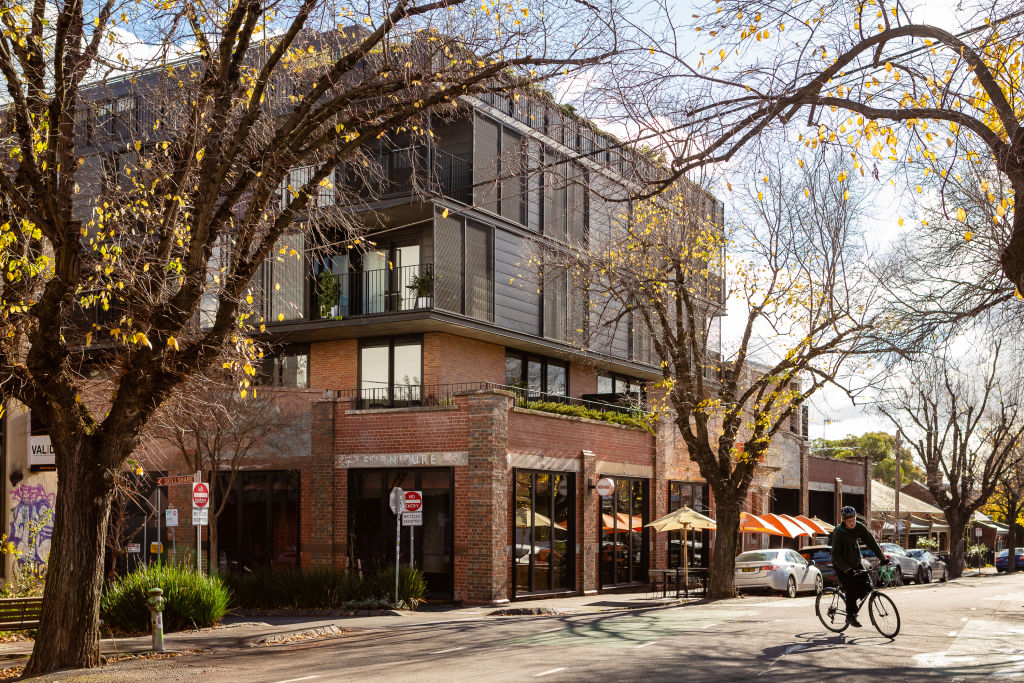
This decline in consumer confidence follows the recent collapse of building companies like Porter Davis under the weight of rising interest rates and construction costs.
In response to what Duggan describes as an “industry problem”, Metricon has announced plans to complete homes left unfinished by the Melbourne-based builder. “Our aim is to have those 350 people in their homes within 12 months of starting,” he says.
While Duggan says material and labour shortages are easing, builders are still facing challenging conditions.
“Many of the leading indicators, such as new home sales and new home finance numbers are still pretty weak,” says Rossi. “Most analysts are expecting the headwinds will continue to impact building approvals for some time yet.”
We recommend
States
Capital Cities
Capital Cities - Rentals
Popular Areas
Allhomes
More
